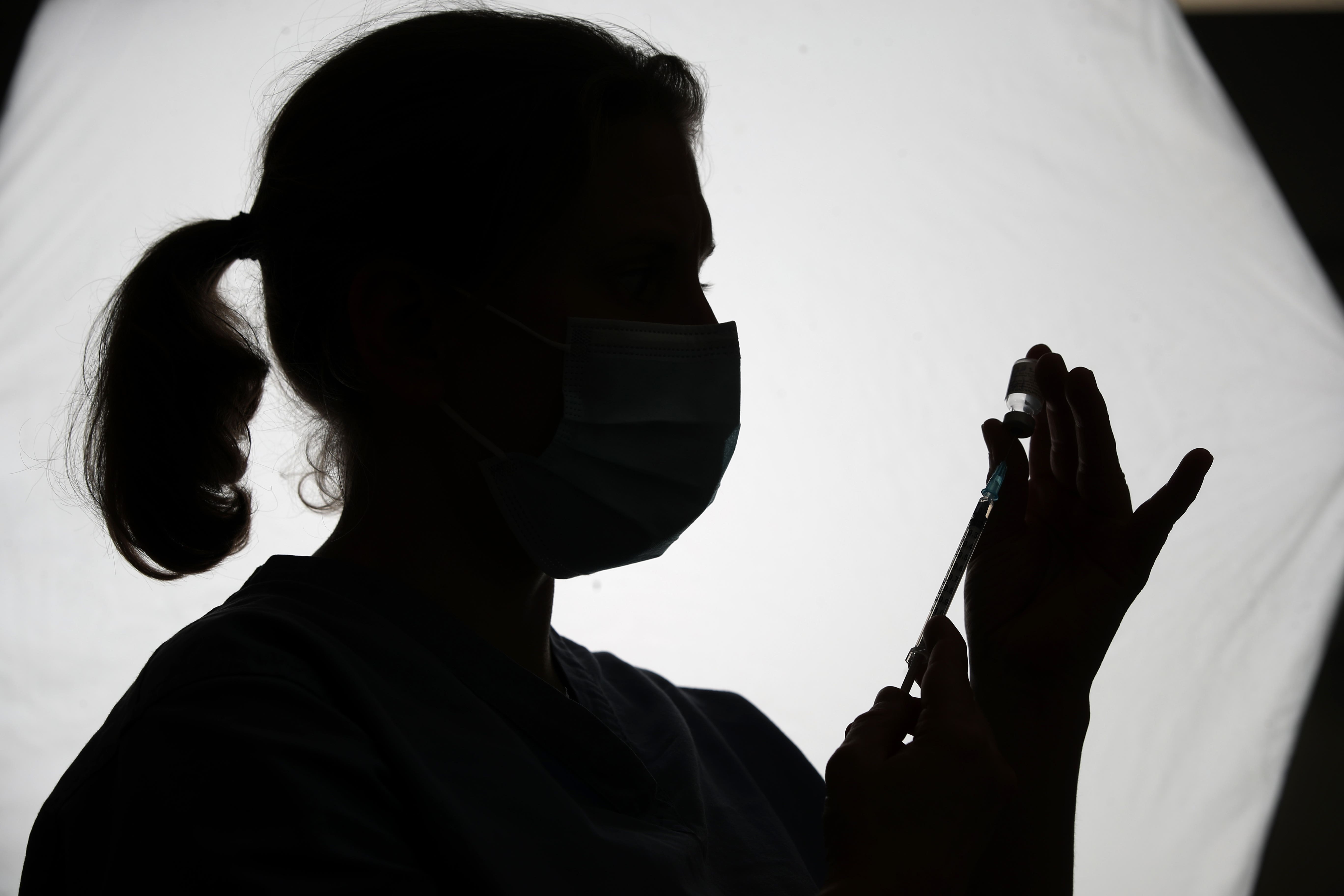Malaria vaccine is highly effective in young children, study suggests
New data from a phase 3 trial of R21/Matrix-M in African children confirmed the jab is effective and safe.

A malaria vaccine which has been developed with the help of Oxford University scientists is up to 78% effective in the youngest children, new data suggests.
Last year the R21/Matrix-M vaccine was recommended for use by the World Health Organisation (WHO).
New data from a phase 3 trial in African children confirms the jab is effective and safe.
Researchers immunised more than 4,800 young children in a trial in Burkina Faso, Kenya, Mali and Tanzania and found on average 78% efficacy in the five to 17-month age group over the first year.
The Lancet study on R21/Matrix-M phase 3 trials marks a significant advancement in our battle against this global threat
The experts say that so far no other vaccine has reported more than 55% effectiveness in the same age group.
According to the findings, published in The Lancet, a booster dose at a year maintained good efficacy over the following six to 12 months.
The overall efficacy was between 68% and 75% for children aged five to 36-months-old.
So far, 25 million doses have been manufactured and made ready for roll-out by the Serum Institute of India (SII) in the next three to four months.
Significantly increased immune responses to the vaccine, and slightly higher vaccine efficacy, were observed in five to 17-month-olds compared to 18 to 36-month-olds, supporting planned vaccine deployment initially from five months of age in African children.
Malaria is the largest cause of death in young African children, with 600,000 dying every year.
Two vaccines have recently achieved and completed WHO pre-qualification, and initial deployments are starting early this year.
Professor Adrian Hill, chief investigator of the R21/Matrix-M phase 3 trial, said: “The continued high efficacy of this new vaccine in field trials is very encouraging, and consistent with the high efficacy and excellent durability observed in a smaller four-year phase 2b trial.”
Audrey Duncanson, innovations transition manager at Wellcome, said: “Malaria still remains a huge global health risk for nearly half of the world’s population, with the burden of this disease predominantly in African countries causing approximately 600,000 deaths in children under the age of five years.
“The results from this recent phase 3 trial of the malaria vaccine, R21, holds huge potential for a transformative impact on malaria in children.
“This is an important step towards getting a highly effective, safe, readily accessible affordable vaccine to protect children from malaria in African countries.”
Adar Poonawalla, chief executive of SSI, said: “The Lancet study on R21/Matrix-M phase 3 trials marks a significant advancement in our battle against this global threat.
“We are dedicated to making this vaccine available, especially in Africa, where malaria poses a substantial threat to millions of lives, bringing us closer to a malaria-free world.”
The vaccine is cheap, costing between two US dollars (£1.65) and four dollars (£3.30) per dose.
At least 28 countries in Africa plan to introduce a WHO-recommended malaria jab as part of their national immunisation programmes.
Matrix-M adjuvant is manufactured by Novavax AB and provided to SII for formulation into the final vaccine drug product.
An adjuvant is an ingredient used in some vaccines to enhance the body’s immune response, which helps them to work better.
Bookmark popover
Removed from bookmarks